
Video games have evolved dramatically over the past few decades, not only in terms of technology and gameplay but also in storytelling and character representation. As part of this evolution, LGBTQ+ characters have gradually gained visibility and complexity in a medium historically dominated by heteronormative narratives. Representation matters, and when done authentically, it can empower players, promote inclusivity, and inspire empathy. This article will explore some of the top LGBTQ+ characters in video games, celebrating their impact on the gaming world and the LGBTQ+ community.
1. Ellie - The Last of Us Series
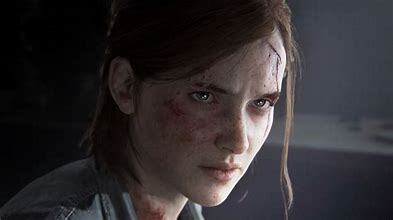
- Developer: Naughty Dog
- Notable Appearance: The Last of Us (2013), The Last of Us Part II (2020)
Ellie, the central character in The Last of Us series, is one of the most well-known LGBTQ+ characters in video game history. First introduced as a teenager in the post-apocalyptic world of The Last of Us, her character grows emotionally and physically through the series. It wasn't until the Left Behind DLC that Ellie's sexuality was explicitly confirmed when she shared a kiss with her best friend, Riley.
In The Last of Us Part II, Ellie’s relationship with her girlfriend, Dina, is a significant part of the narrative, handled with a level of care and complexity rarely seen in mainstream games. The game's developers at Naughty Dog created a character arc that reflects real-world struggles and triumphs, including identity, loss, and survival in a world filled with hostility.
Ellie’s existence as a strong, multidimensional lesbian character in a high-budget game like The Last of Us Part II is not just groundbreaking—it’s revolutionary. Her character challenges the traditional roles of women in video games and brings LGBTQ+ representation into the spotlight in a manner that feels natural and human.
2. Kainé - NieR Replicant and NieR: Automata
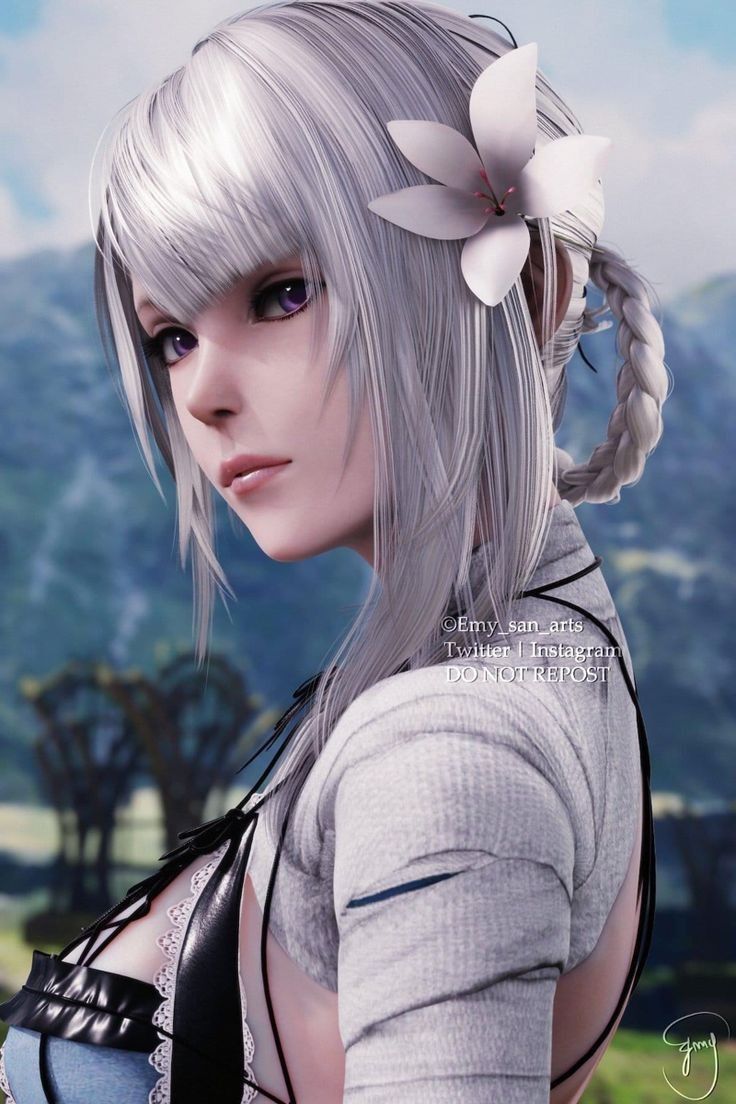
- Developer: Square Enix
- Notable Appearance: NieR Replicant ver.1.22474487139... (2021)
Kainé is a fan-favorite character from NieR Replicant, known for her abrasive language, fierce combat abilities, and distinctive fashion. What makes her character unique in the gaming world is her intersex identity. Kainé’s story, though not the main focus of the game, has been hailed for its representation of gender fluidity and non-conformity.
The creator, Yoko Taro, deliberately left much of Kainé’s story open to interpretation, allowing players to project their own experiences and identities onto her character. For many, Kainé represents the struggle for acceptance in a world that often marginalizes those who are different. Her dual identity as both a woman and a warrior resonates with players who experience discrimination based on gender and sexuality.
3. Dorian Pavus - Dragon Age: Inquisition
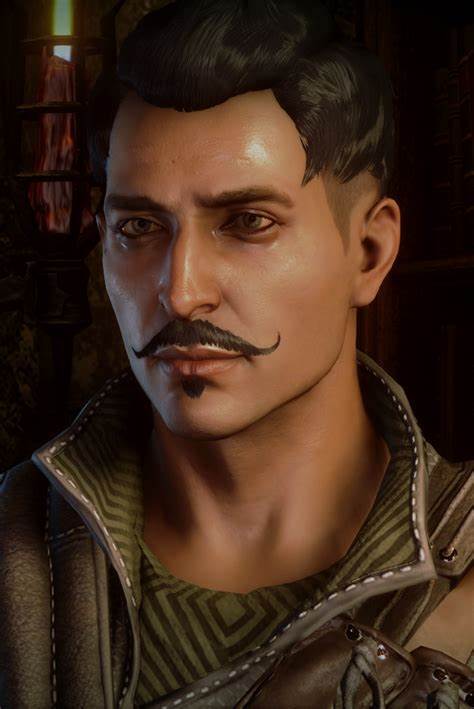
- Developer: BioWare
- Notable Appearance: Dragon Age: Inquisition (2014)
BioWare has long been praised for its inclusive approach to character relationships in its RPGs, but Dorian Pavus stands out as one of the most beloved gay characters in video games. As a member of the Tevinter Imperium, Dorian defies expectations by rejecting his family's conservative values and openly embracing his identity as a gay man. His charming personality, sharp wit, and layered backstory made him an instant favorite among fans.
Dorian’s romance options are exclusive to male protagonists, making his presence a rare and important moment for gay representation in mainstream gaming. BioWare’s commitment to crafting complex, fully realized LGBTQ+ characters like Dorian has made the studio a leader in inclusive storytelling within the industry.
4. Trevor Philips - Grand Theft Auto V
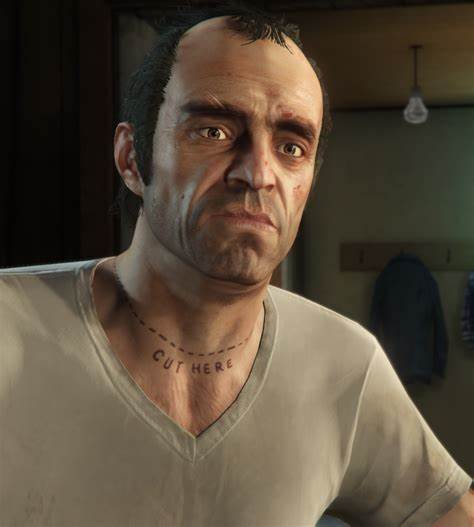
- Developer: Rockstar Games
- Notable Appearance: Grand Theft Auto V (2013)
Trevor Philips is perhaps one of the most polarizing characters in gaming. As a main protagonist in Grand Theft Auto V, Trevor is known for his violent tendencies, erratic behavior, and pansexual identity. While Rockstar Games doesn’t directly explore his sexual orientation, Trevor’s actions and dialogue make it clear that he is open to relationships with individuals of any gender.
Though GTA V is infamous for its irreverent and often controversial content, Trevor’s pansexuality offers a unique portrayal of non-heteronormative behavior within a popular AAA game. While Trevor might not be the most ideal or aspirational LGBTQ+ character, his existence in a franchise as widely recognized as Grand Theft Auto is noteworthy for broadening the scope of sexual identities in gaming.
5. Chloe Price - Life is Strange Series
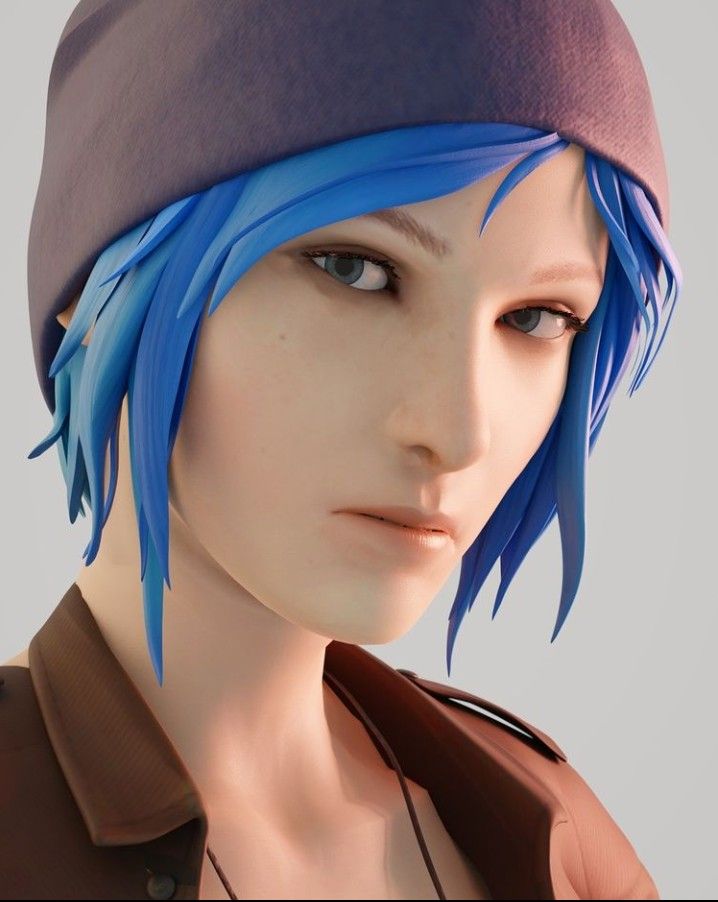
- Developer: Dontnod Entertainment
- Notable Appearance: Life is Strange (2015), Life is Strange: Before the Storm (2017)
Chloe Price is a rebellious, blue-haired teenager navigating personal struggles and identity in Life is Strange. Her deep and complex relationship with Max Caulfield, the game’s protagonist, is one of the central elements of the story. While players can influence the direction of their relationship, Chloe’s bisexuality is a core part of her character, regardless of player choices.
In Life is Strange: Before the Storm, Chloe’s relationship with Rachel Amber becomes a focal point, exploring themes of young love, loss, and discovery. The emotional depth of Chloe’s character arc, combined with the game’s focus on choice and consequence, allows for a richly personal exploration of LGBTQ+ identity in a narrative-driven format.
6. Birdo - Super Mario Series
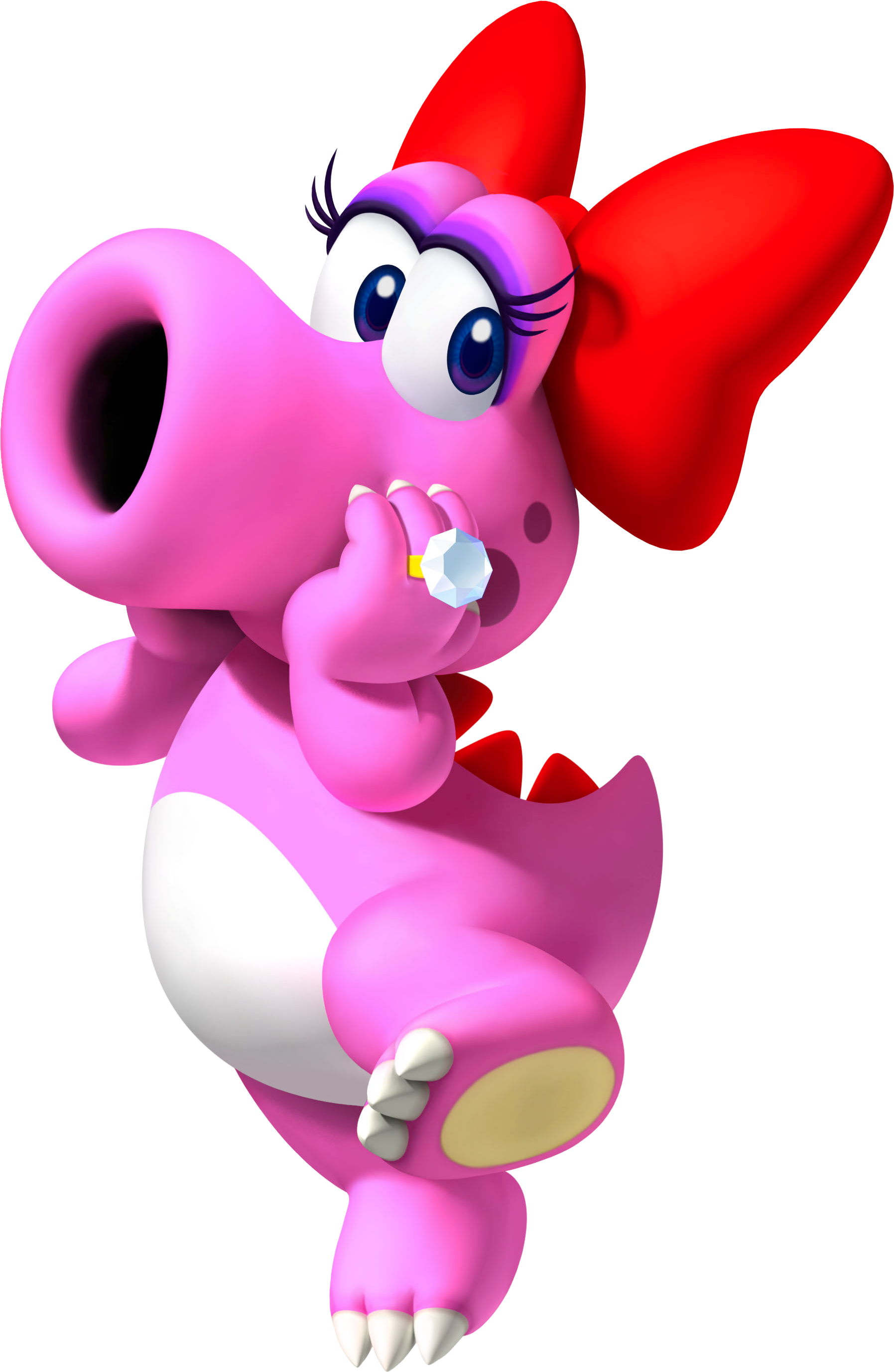
- Developer: Nintendo
- Notable Appearance: Super Mario Bros. 2 (1988)
Birdo is one of the earliest examples of a transgender character in video games, first appearing in Super Mario Bros. 2. The game’s manual originally referred to Birdo as a character who “thinks he’s a girl and would rather be called Birdetta,” marking an early (albeit flawed) attempt at introducing a transgender character into gaming.
While Birdo’s gender identity has been the subject of debate and inconsistent representation throughout the years, she remains a notable figure in LGBTQ+ video game history. Birdo’s legacy is a reminder of how far the industry has come in terms of representation and how much more progress is needed.
7. Cremisius "Krem" Aclassi - Dragon Age: Inquisition
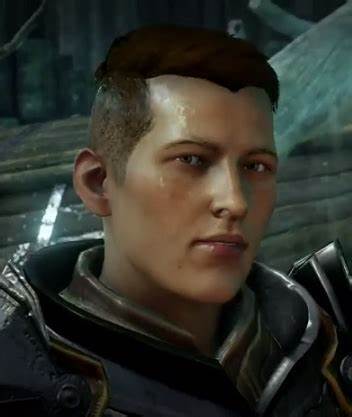
- Developer: BioWare
- Notable Appearance: Dragon Age: Inquisition (2014)
Krem is another standout character from Dragon Age: Inquisition, notable for being one of the first explicitly transgender characters in a major AAA game. A lieutenant in the Bull’s Chargers mercenary group, Krem’s transgender identity is handled with sensitivity and respect, particularly in conversations with the Iron Bull, who defends Krem against ignorance and prejudice.
Krem’s inclusion in Dragon Age: Inquisition was widely praised for its authentic and respectful portrayal of transgender individuals, and his character development provides a powerful example of how transgender stories can be meaningfully integrated into mainstream gaming narratives.
8. Judy Alvarez - Cyberpunk 2077
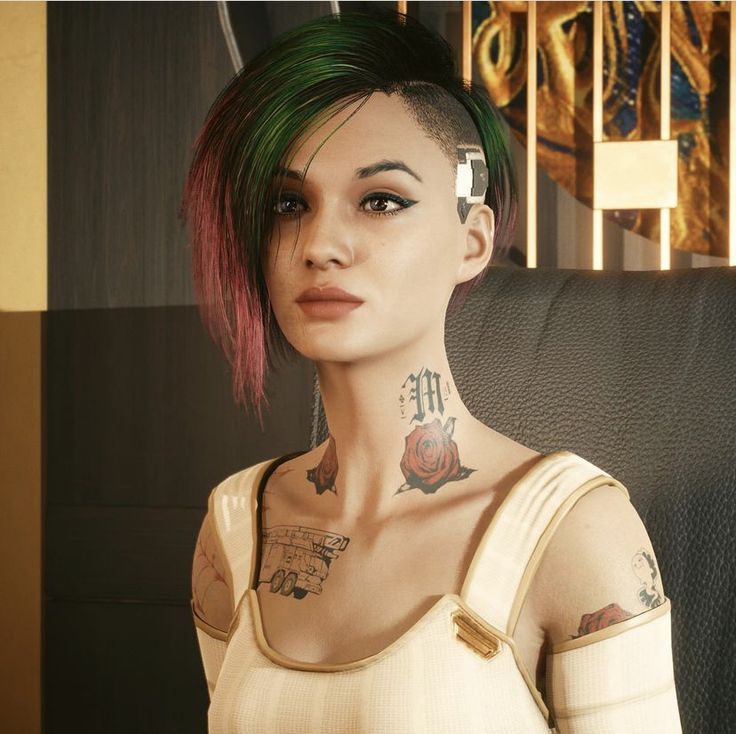
- Developer: CD Projekt Red
- Notable Appearance: Cyberpunk 2077 (2020)
Judy Alvarez is a skilled braindance technician and one of the most memorable characters in Cyberpunk 2077. She is a romance option exclusively for a female version of the protagonist, V, making her one of the few lesbian love interests in a major open-world RPG. Judy’s character is defined by her activism, independence, and loyalty to her friends, and her romance arc is one of the most well-developed in the game.
Cyberpunk 2077 offers a glimpse into a dystopian future where gender and sexual identity are fluid, and Judy’s story is a touching portrayal of love and resistance in a harsh world.
Alex Chen - Life is Strange: True Colors

- Developer: Deck Nine
- Notable Appearance: Life is Strange: True Colors (2021)
Alex Chen, the protagonist of Life is Strange: True Colors, is another fantastic example of LGBTQ+ representation in gaming. Players can choose to pursue a romantic relationship with either Steph (a lesbian character) or Ryan (a male character), giving Alex the opportunity to explore her bisexuality. Her journey of self-discovery, combined with her empathetic abilities, creates a powerful narrative that resonates with LGBTQ+ players.
Alex’s bisexual identity is presented as just one aspect of her complex character, and her relationships with other characters are meaningful and emotionally impactful, offering an inclusive experience for players of all backgrounds.
10. Poison - Final Fight and Street Fighter Series
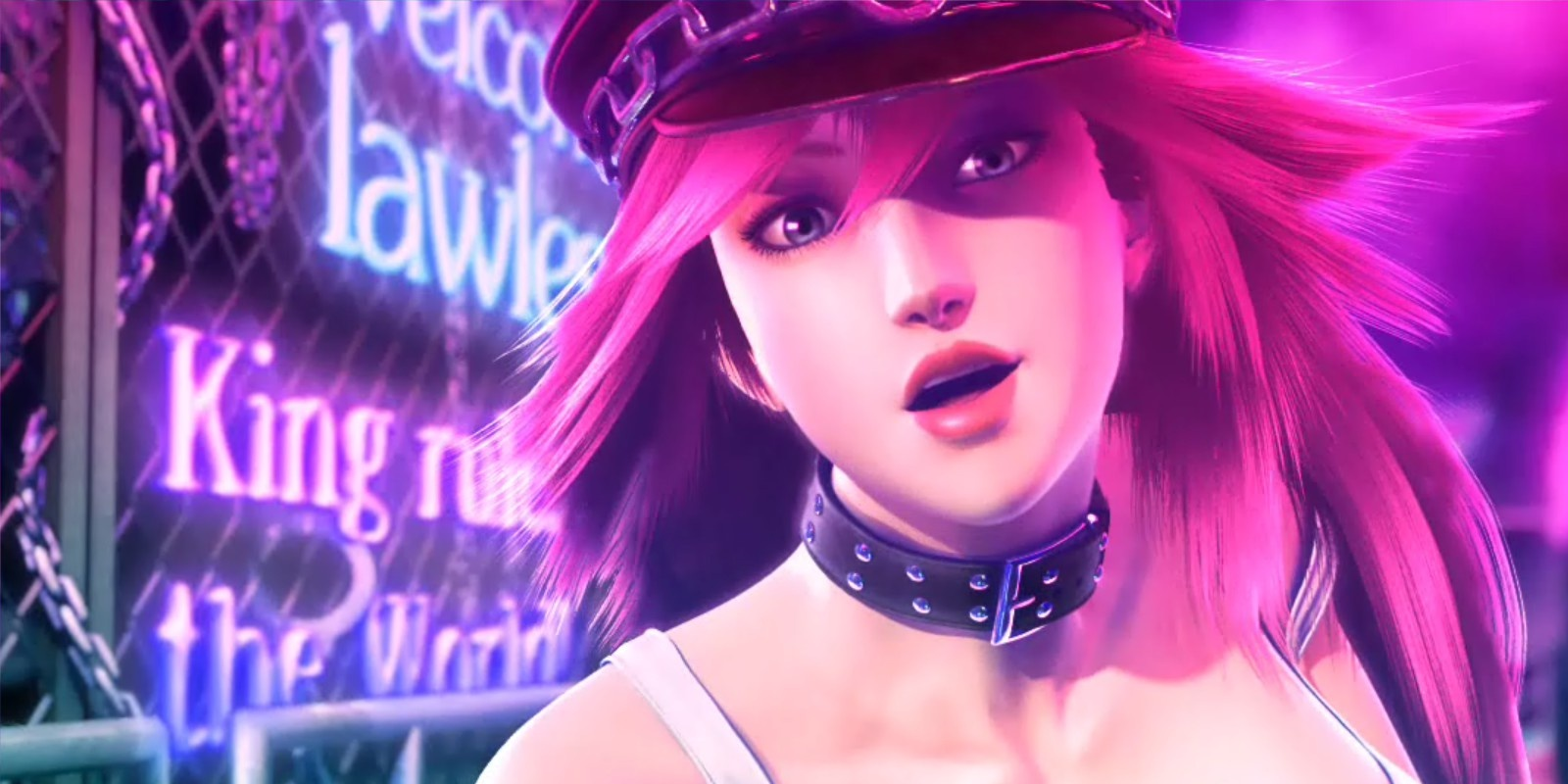
- Developer: Capcom
- Notable Appearance: Final Fight (1989), Street Fighter IV (2008)
Poison is one of the most iconic transgender characters in video games, originating from the Final Fight series and later becoming a recurring character in Street Fighter. Her gender identity has been a topic of discussion and controversy for years, but Capcom has confirmed her status as a transgender woman. Despite some problematic early depictions, Poison has evolved into a confident and self-assured character, unapologetically embracing her identity.
As one of the few openly transgender characters in a popular fighting game series, Poison’s visibility has helped pave the way for broader LGBTQ+ representation in fighting games.
The gaming industry has made significant strides in recent years when it comes to LGBTQ+ representation. Characters like Ellie, Dorian Pavus, and Chloe Price have given LGBTQ+ gamers the chance to see themselves reflected in the stories they love. While there’s still work to be done, the presence of these characters signals a promising future for inclusive and diverse storytelling in video games.
These LGBTQ+ characters stand as symbols of the growing inclusivity within the gaming world, offering players of all backgrounds the opportunity to feel seen and celebrated. Whether through major AAA titles or indie gems, the future of gaming looks brighter and more diverse than ever before.